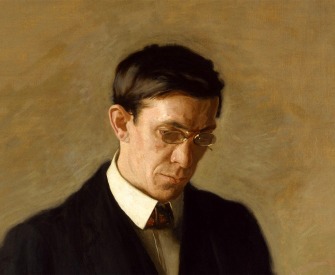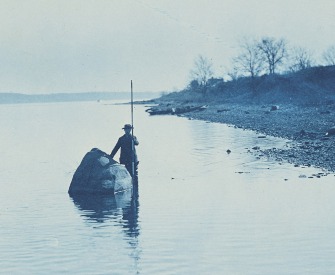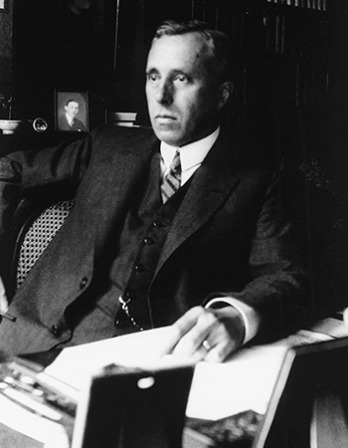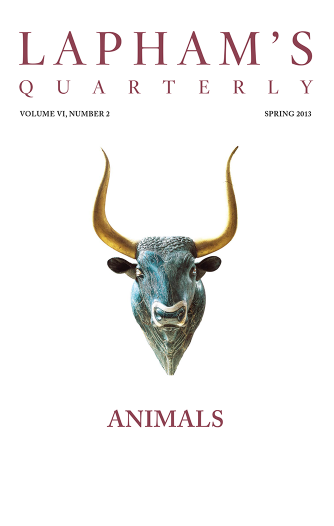Between Nose and Eyes a strange contest arose,
The spectacles set them unhappily wrong;
The point in dispute was, as all the world knows,
To which the said spectacles ought to belong.
So the Tongue was the lawyer, and argued the cause
With a great deal of skill, and a wig full of learning,
While chief baron Ear sat to balance the laws,
So famed for his talent in nicely discerning.
“In behalf of the Nose, it will quickly appear,
And your lordship,” he said, “will undoubtedly find
That the Nose has had spectacles always to wear,
Which amounts to possession time out of mind.”
Then holding the spectacles up to the court—
“Your lordship observes they are made with a straddle,
As wide as the ridge of the Nose is, in short,
Design’d to sit close to it, just like a saddle.
“Again, would your lordship a moment suppose
’Tis a case that has happen’d and may be again)
That the visage or countenance had not a Nose,
Pray who would or who could wear spectacles then?
“On the whole it appears, and my argument shows
With a reasoning the court will never condemn,
That the spectacles plainly were made for the Nose,
And the Nose was as plainly intended for them.”
Then shifting his side, as a lawyer knows how,
He pleaded again in behalf of the Eyes,
But what were his arguments few people know,
For the court did not think they were equally wise.
So his lordship decreed, with a grave solemn tone,
Decisive and clear, without one if or but,
That whenever the Nose put his spectacles on,
My daylight or candlelight—Eyes should be shut.
“Report of an Adjudged Case Not to Be Found in Any of the Books.” Samuel Taylor Coleridge called Cowper “the best modern poet,” but Cowper began studying jurisprudence in 1750 and was called to the bar in 1754; he transferred to London’s Inner Temple three years later. The poet later admitted, however, that he “was never much inclined” to the legal profession. “Happy is the man,” he wrote in 1780, “who knows just so much of the law as to make himself a little merry now and then with the solemnity of juridical proceedings.”
Back to Issue




